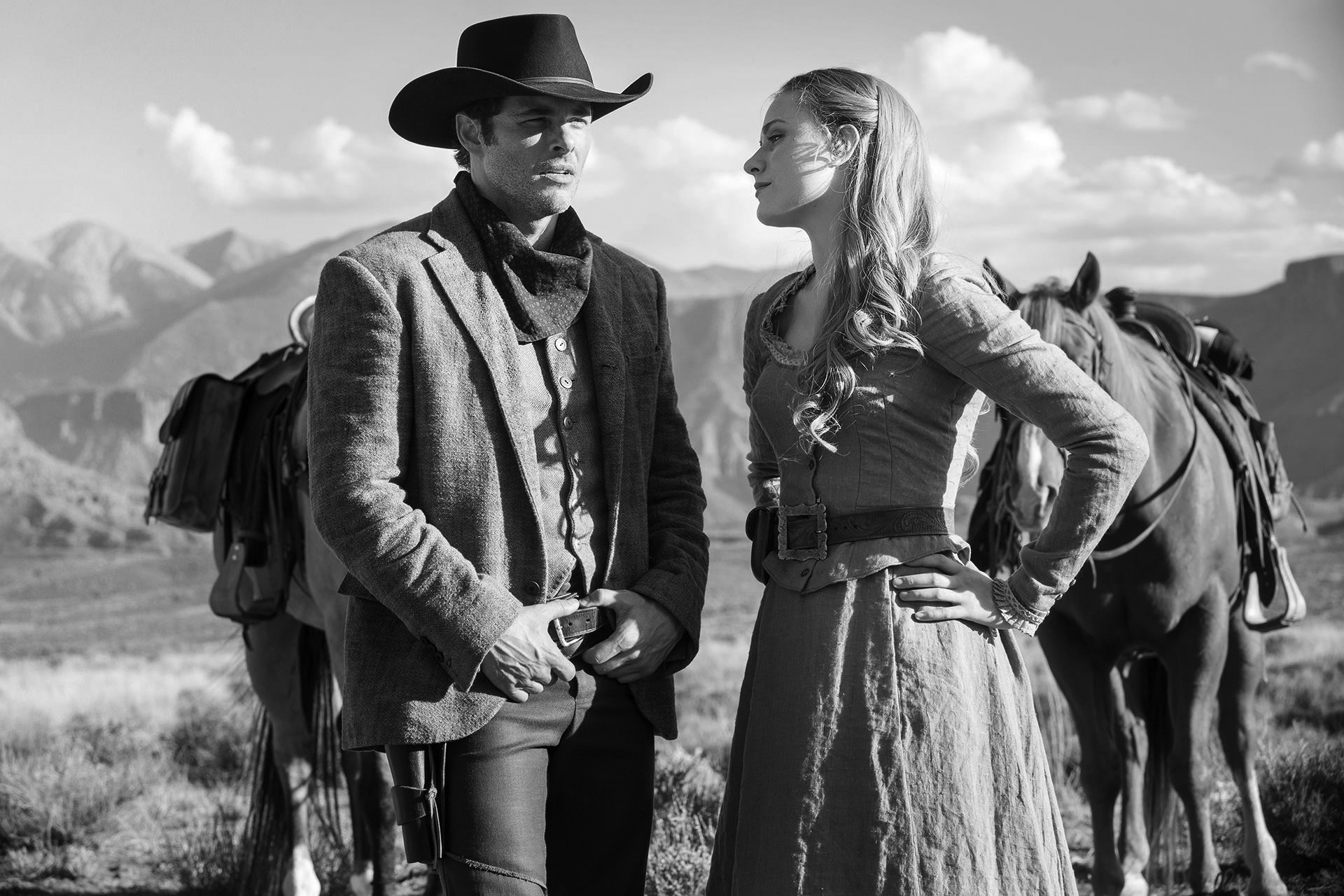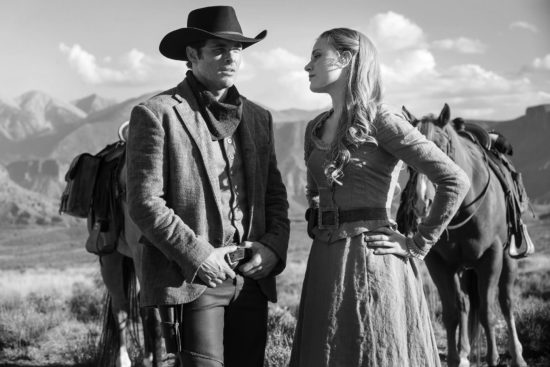
By Sarah R. Baker

“Westworld” started out as a drama, set in a wild west-style theme park, a place where humanity can take a vacation, and incredibly realistic androids — “hosts” — help guests fulfill fantasies of robbery, murder, rape and many other sick, twisted things that are revealed throughout the series.
However, after a couple of episodes, it doesn’t take a world star critic to recognize the — abysmal at best — reflection of this latest political season.
Both the show and this election year shared surprise endings and discouraging parallels. In the town of Sweetwater, where “Westworld’s” theme park takes place, the stagecoaches and saloons are mere fronts for narratives run by those behind the scenes, the programmers.
Average Joe guests find empowerment and become vicious bullies in this lawless society. Sweetwater is in a constant anarchist tug-of-war, thanks to the leaders and strategists who program the hosts like pawns.
In the real world, campaigns and slogans are the nostalgic saloons, attempting to bring us back to a simpler time, “our roots,” and people with a newfound sense of purpose and conviction felt justified conjuring rallies to accost immigrants or outliers who looked or thought any different.
America, debatably teetering between democracy and oligarchy, set the scene for leaders and public figures to brainwash those citizens who dared hope for the future. The similarities are simply dispiriting.
One co-founder of the park, known only as “Arnold,” took notice of the insider baseball played by the programmers, and the technical dangers and flaws which many hosts embodied.
He began giving androids sentience, something triggered only by the phrase, “These violent delights have violent ends.” After gaining sentience, hosts begin to understand their roles as the strategist’s slaves and realize they have been brainwashed and programmed.
Then, of course, revolt ensues.
However, hosts come from a completely different world than the programmers. Sweetwater, for the most part, is designed the way the strategists want the hosts to see it. Filters are in place to keep realities separate from one another, meaning civilians are kept in the dark and excluded from any and all decision making that occurs behind the scenes.
And though their uprising disrupts the programmers and sets them back, the park still continues to run, because programmers are the foundation the hosts exist on. There is nothing to replace them with.
This sour revelation on how protestors interact with political powers is difficult to swallow. Never can they completely eliminate corruption because corruption is everywhere. Even good politicians are still politicians, the same way that good programmers are still programmers — their world is on an entirely different plane than everyone else’s.
“Westworld’s” statement on our very survival resting on those higher powers is a haunting one that guarantees chills for those who listen and watch closely. Not only is “Westworld” a cinematic masterpiece, the plot exists on both sides of the screen, and it’s one viewers can really resonate with after the chaos this political season has brought us.
